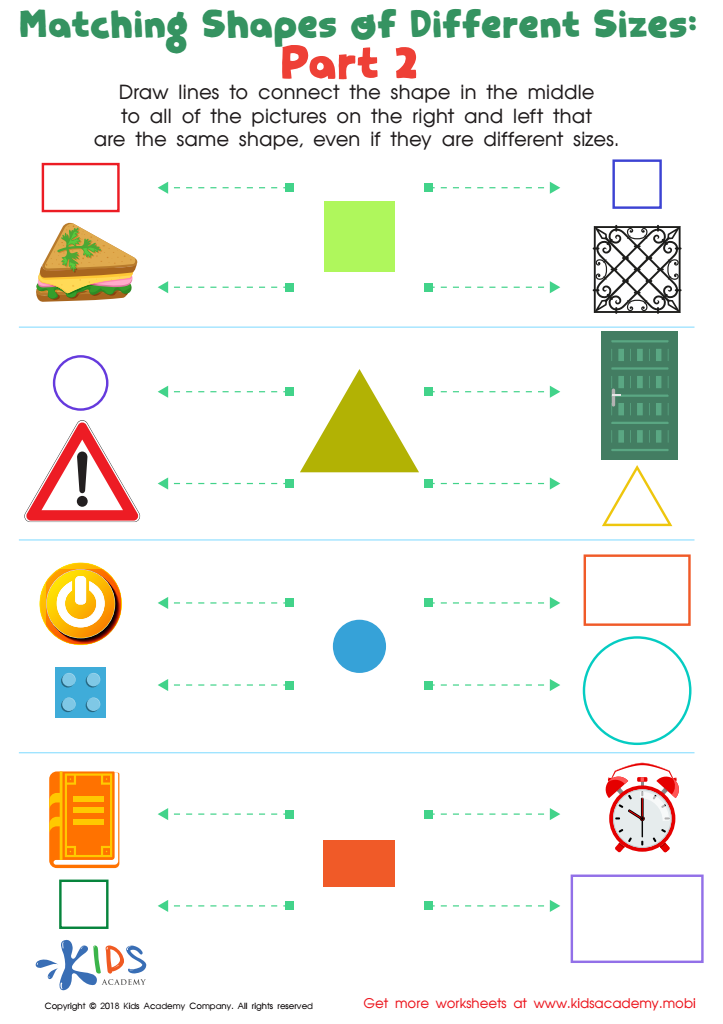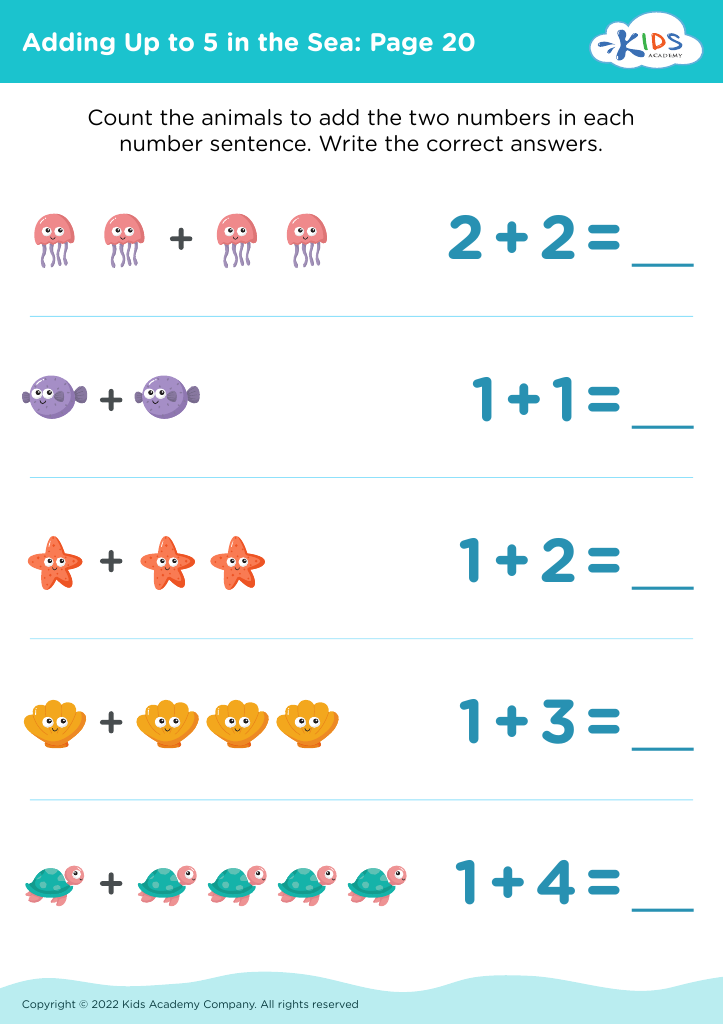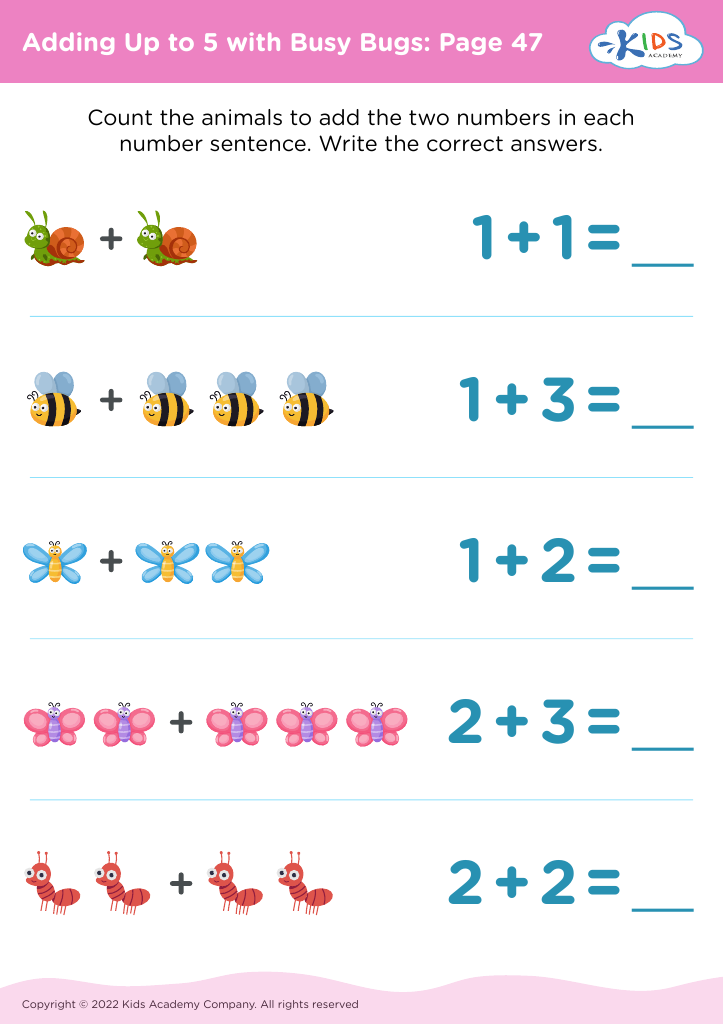Enhancing fine motor skills Math Worksheets for Ages 3-8
3 filtered results
-
From - To
Explore our engaging “Enhancing Fine Motor Skills Math Worksheets” designed for children ages 3-8. These worksheets seamlessly blend math learning with vital fine motor skill development, promoting coordination through enjoyable activities. Each worksheet features a variety of interactive tasks like tracing numbers, connecting dots, and cutting shapes, ensuring that children refine their dexterity while mastering essential math concepts. Perfect for homeschooling or supplementary learning, these worksheets are a fun way to cultivate a strong foundation in mathematics while enhancing hand-eye coordination and control. Start your child’s journey toward academic confidence and fine motor proficiency today!


Geometry: Part 2 Worksheet
Enhancing fine motor skills in young children, particularly between ages 3 to 8, is crucial as it directly impacts their mathematical development. Fine motor skills involve the coordinated movements of small muscles in the hands and fingers, necessary for tasks such as writing, cutting, and manipulating small objects. These skills lay the foundation for more advanced math-related activities, such as measuring, sorting, and creating graphs—all of which require precise hand control.
When we focus on improving fine motor skills, we support children's ability to tackle mathematical concepts effectively. For instance, children must grasp and manipulate objects to understand counting and spatial relationships, which underpin many mathematical concepts. Engaging children in activities like threading beads, playing with building blocks, or using manipulatives not only sharpens their motor skills but also makes math enjoyable and tangible.
Moreover, strong fine motor skills correlate with enhanced confidence and independence in children. By fostering these skills early, parents and teachers help build a sense of accomplishment, encouraging a positive attitude toward learning math. Ultimately, enhancing fine motor skills creates well-rounded learners equipped for further academic success, both in mathematics and across other subjects.

 Assign to My Students
Assign to My Students


















